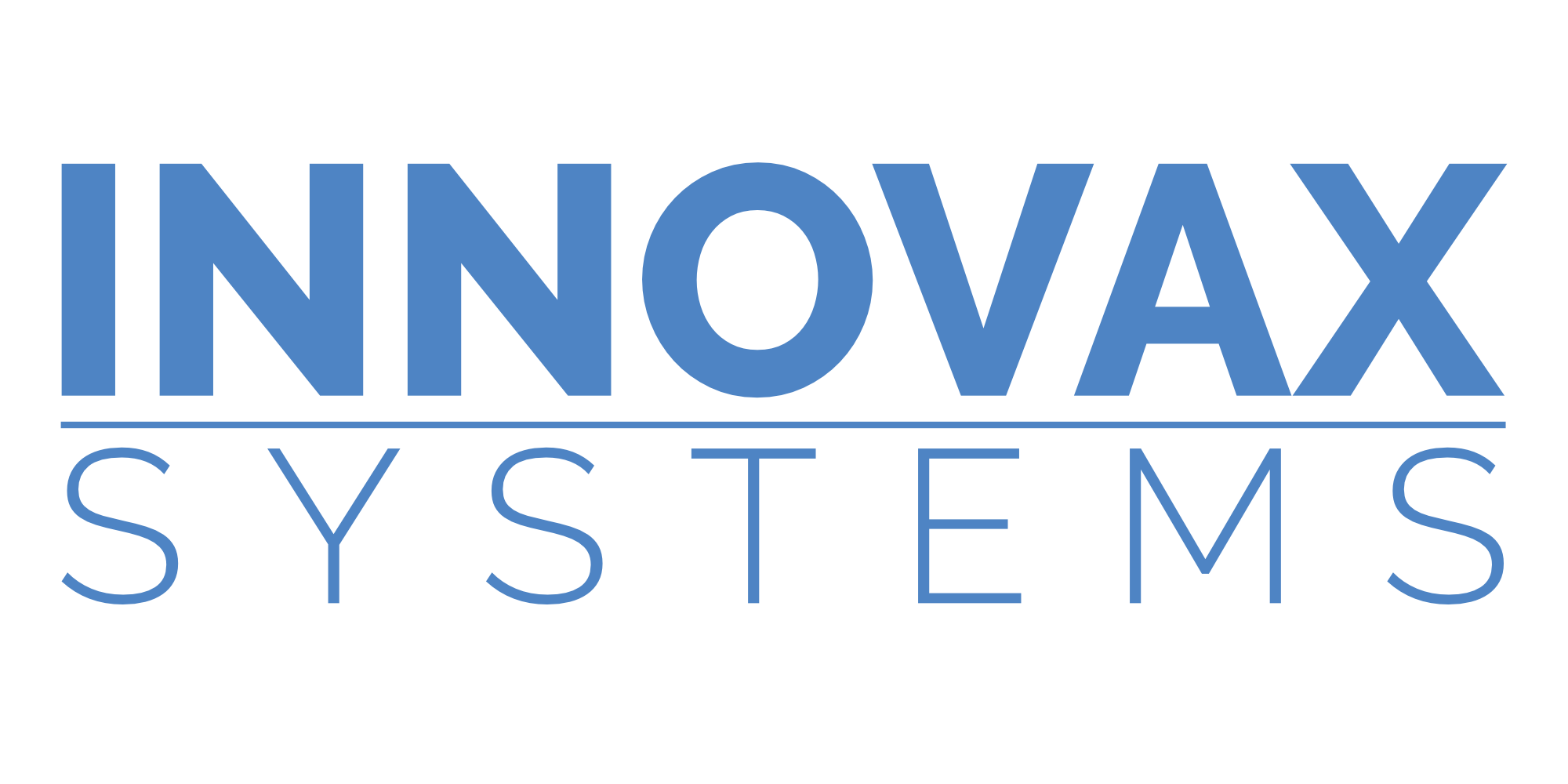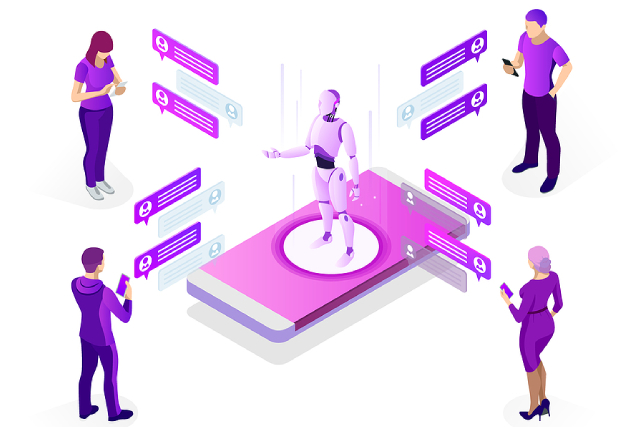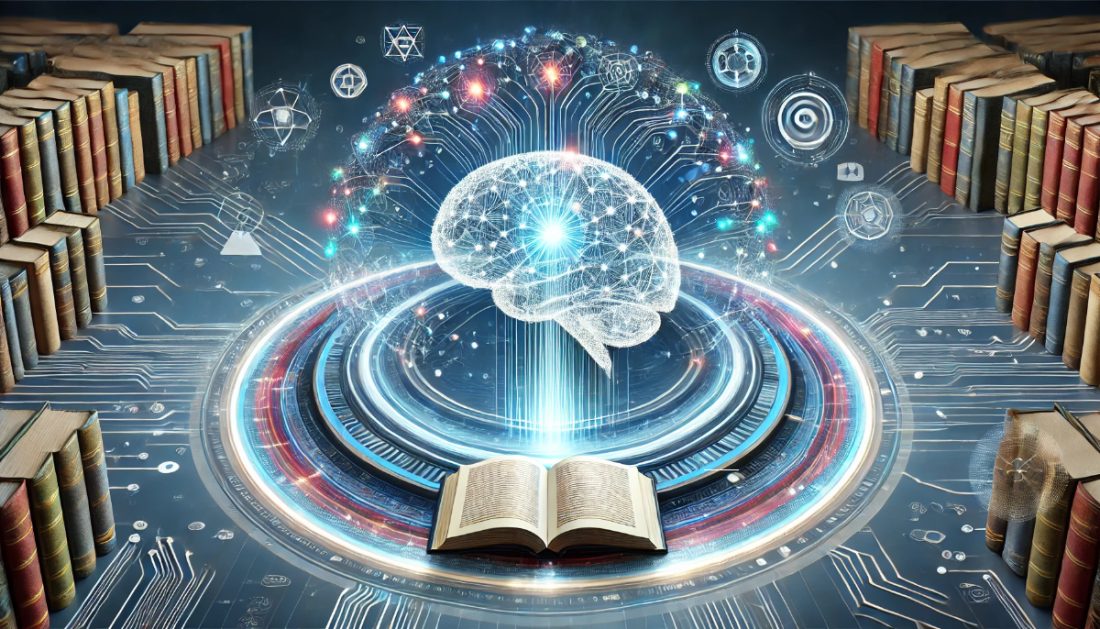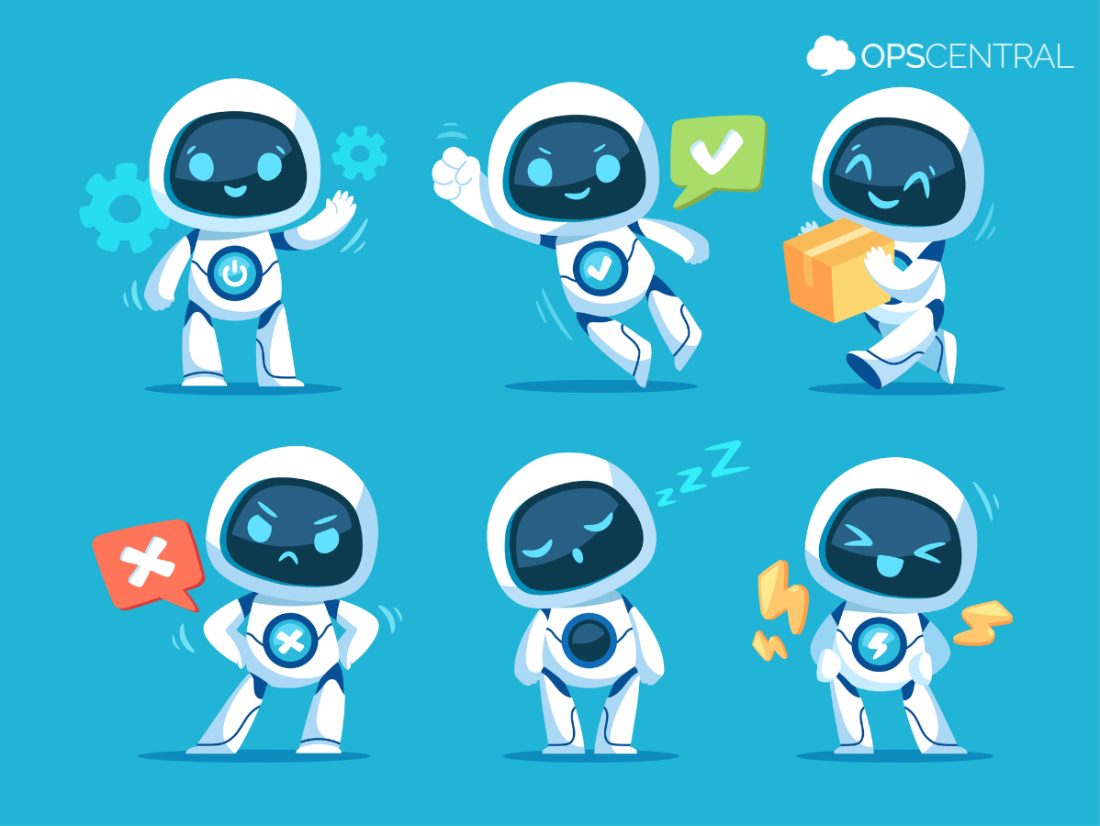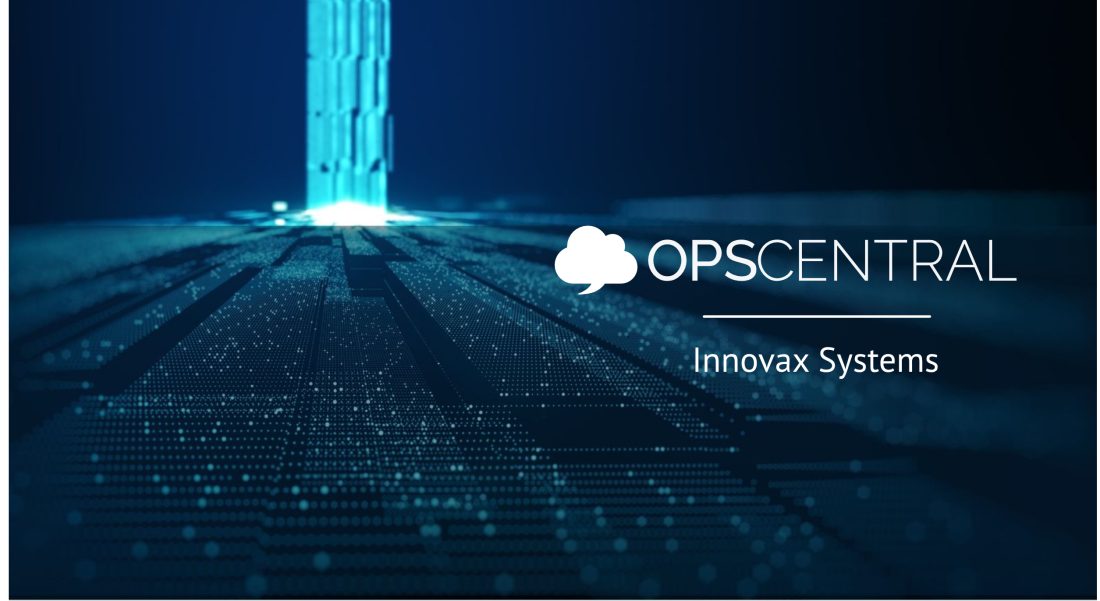From tech enterprises to startups, the competition around AI adoption has spread throughout the entire business landscape in the pursuit of its top-line benefits. Naturally, no one wants to leave a stone unturned as businesses reevaluate where large language models (LLMs) can apply to their operations to further efficiency and productivity. Nowadays, it is increasingly common to find AI in various aspects of a business’s operations, from its research and development department down to individual solutions such as cloud-based call centre solutions in Singapore.
But beyond that, enterprise knowledge base (KB) is another area with the greatest potential for improvement as it has remained stagnant for years despite the increasing need to provide greater ease of access to internal knowledge for an organization’s employees and customers. With the help of generative AI (GenAI), which excels at producing new content like text, images, and even code, traditional knowledge bases become an advanced and centralized information repository capable of doing much more. These AI-enabled features include automating content creation, enhancing search and discovery, and providing conversational interfaces.
All these advancements reduce time to knowledge, which is essential now that modern customers expect fast and accurate responses to their queries and concerns. This also benefits customer service teams as they can better provide timely solutions when providing support. Moreover, such real-time access to knowledge empowers regular employees with their daily workload as they no longer have to waste time finding a specific resource for their task or pore over training tutorials to find the information they want to review.
Importance of Generative AI in Knowledge-Based Systems
Finding and harnessing the right information is not always simple when it comes to a traditional knowledge depository due to several reasons, such as a lack of a unified approach to organizing knowledge assets, duplication of content in the same folder, missing or incorrect tags on certain content, and even articles being improperly titled. Hence, this approach to knowledge bases makes search and access difficult, even more so now that most of the workforce is working remotely. With help no longer being within arm’s reach to assist with the search, knowledge discovery becomes challenging for many employees which ultimately proves to be time-consuming and hampers productivity.
Generative AI-based knowledge bases resolve this long-standing problem by making search results exceedingly faster, skyrocketing employee productivity, and customer satisfaction as relevant information is now at their fingertips.
Challenges
Despite GenAI KB’s advantages, its implementation is beset with many challenges, such as those listed below.
1. Technical hurdles
Challenges in implementing GenAI KB involve technical obstacles, where the integration of AI into existing knowledge bases requires careful consideration of storage, processes, and overall infrastructure. Ensuring the system functions seamlessly and can scale up over time presents a significant hurdle. Additionally, the existing knowledge base must be meticulously structured, with well-organized content, including articles and tags. This organization is crucial for enabling the AI model to understand the enterprise information’s scope and context, facilitating efficient navigation and achieving desired results.
2. Data integration issues
Data integration issues pose another challenge, as generative AI relies heavily on the quality of the data it is fed or trained on. Any errors in data input, interpretation, or analysis can de-rail both employees and customers relying on the AI model. Furthermore, the evolving landscape of AI technology raises concerns about potential misuse. The accessibility of massive datasets increases the risk of profiling individuals or organizations, and there’s a need to address storing and accessing personally identifiable data in AI-powered enterprise knowledge bases. Organizations must prioritize security measures, such as encryption and access control, to safeguard their knowledge bases and the personal data within them.
3. Ethical considerations
Ethical considerations also play a crucial role in GenAI KB implementation. Generative AI systems create content based on training data, making them susceptible to biases present in the data. Organizations must carefully vet and validate their data sources, implementing processes and guidelines to track and eliminate biased data from datasets. Continuous monitoring and review of content outputs are essential to ensure the information remains factual and unbiased, aligning with ethical considerations in AI applications.
Opportunities
1. Enhanced decision-making
Generative AI and real-time analytics unlock immense potential for organizations to communicate insights effectively, provide precise search results, and enable fast and data-driven decisions. With the right tools and strategies, this pairing brings many benefits, from simplifying data visualization to accelerating value creation and innovation via analytics transformation. On top of that, by leveraging machine learning, GenAI KBs can better understand each user’s preferences, leading to more personalized results bearing the most relevant information they seek.
2. Innovation potential
One of the greatest opportunities GenAI brings is its ability to augment human creativity and accelerate research and development for various business needs, whether creating unique packaging designs for a new product or prototypes for structures, outfits, and various other physical components. While GenAI is generally reliable, there may be occasional challenges that might require the importance of human skills in addressing and minimizing these occasional hiccups..
3. Competitive advantage
As mentioned, generative AI’s many benefits, such as enhancing user search capabilities and delivering highly relevant content suggestions, bring significant advantages that make an organization’s knowledge base far more user-friendly and robust compared to others who still use traditional knowledge management systems. Combine this with all the economic benefits of implementing a GenAI KB, including increased productivity, improved decision-making, cost and time savings, and accelerated R&D, and it is clear how such an investment points to long-term sustainability and growth.
Conclusion
By enhancing content discovery and delivery and optimizing its quality and performance, AI certainly holds the key to making knowledge bases more effective, efficient, and user-friendly. That said, it is essential to have a game plan in place to maximize the benefits of GenAI today and in the future, as well as navigate the new challenges for AI-powered knowledge management.
Organizations that manage to thoughtfully leverage this technology while mitigating the inherent risks are sure to gain a significant advantage over the competition. With proper governance and human oversight, GenAI will transform enterprise knowledge and make it more discoverable, impactful, and usable.
At Innovax Systems, we believe that delivering brilliant customer experiences lies in harnessing the power of AI, and this is reflected in every aspect of our state-of-the-art OpsCentral contact centre suite. We also provide solutions for omnichannel messaging platforms in Singapore, enhancing customer interactions and streamlining communication processes. With our commitment to adapting to the rapidly evolving AI landscape, we are confident that implementing GenAI KBs for our forward-thinking clients will gradually become more seamless and intuitive as we learn from our experiences and leverage the latest technological advancements in AI.
